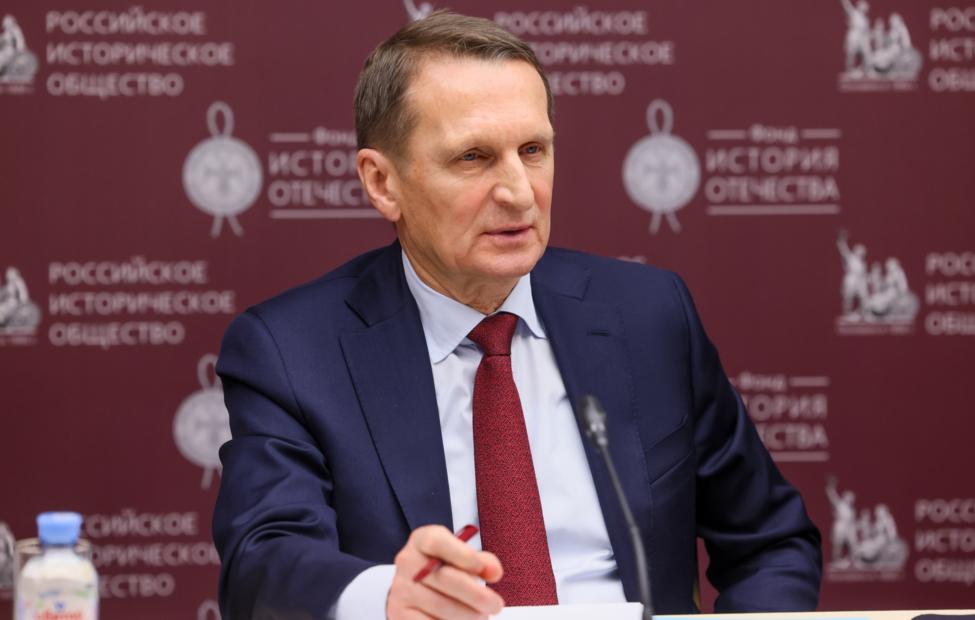The chairman of the Russian Historical Society, Director of the Foreign Intelligence Service noted that the deployment of troops to Afghanistan was conditioned by the purpose of ensuring the security of the USSR
MOSCOW, February 20. /tass/. The Afghan experience gained by the Soviet military is of particular value for conducting a special military operation. This was stated by the chairman of the Russian Historical Society (RIO), Director of the Foreign Intelligence Service (SVR) of the Russian Federation Sergey Naryshkin.
"Nowadays it is fair to say that the Afghan experience is of particular value for conducting a special military operation, a special liberation operation," he said at a round table dedicated to the 35th anniversary of the withdrawal of Soviet troops from Afghanistan.
Naryshkin noted that the deployment of troops to Afghanistan was conditioned by the purpose of ensuring the security of the USSR. "After [Secretary General of the Revolutionary Council of Afghanistan Nur Mohammed] Taraki, who was killed in the coup, was replaced by Hafizullah Amin, Afghanistan faced the prospect of actual disintegration and full-scale intervention by NATO forces. It is no longer just about helping a friendly country, but also about ensuring the Soviet Union's own security. Therefore, on December 12, 1979, the Central Committee of the party confirmed the decision to introduce a limited contingent of troops, and two weeks later the first Soviet units crossed the Afghan border," he noted.
"Unfortunately, only one change of the unpopular regime of Amin failed to cut the Gordian knot of contradictions accumulated in Afghanistan. The region has become a point of attraction for extremists from various countries. The Americans and their NATO allies actively supported the anti-government forces, generously supplying the radicals with money and weapons, including Stinger [anti-aircraft missile systems]. In this regard, of course, it seems symbolic that Al-Qaeda (a terrorist organization banned in the Russian Federation), nurtured by the Americans in those years, would later strike a terrible blow on September 11 in New York," the head of the SVR said.
Results
Naryshkin drew attention to the results of the stay in Afghanistan of Soviet internationalist soldiers, civilian specialists of the USSR and the consequences of the activities of the so-called international coalition hastily assembled by Washington.
"Historians know that the Soviet Union left behind more than 100 industrial, transport, energy, and social infrastructure facilities, including the Naglu hydroelectric power plant, the Salang Tunnel, the building of Kabul Polytechnic University and many other significant facilities," he said. "And although, unfortunately, peace has not reigned in Afghanistan, an undeniable contribution has been made to the development of its economy."
The 20-year stay of the Western contingent on Afghan soil "was remembered primarily by the rampant corruption of the occupation authorities and numerous war crimes," Naryshkin pointed out.
Before the round table, Naryshkin inspected an exhibition in the RIO House from the funds of the State Museum of Oriental Art and private collections depicting Afghan posters and leaflets of the 1980s.

